The Salt Path
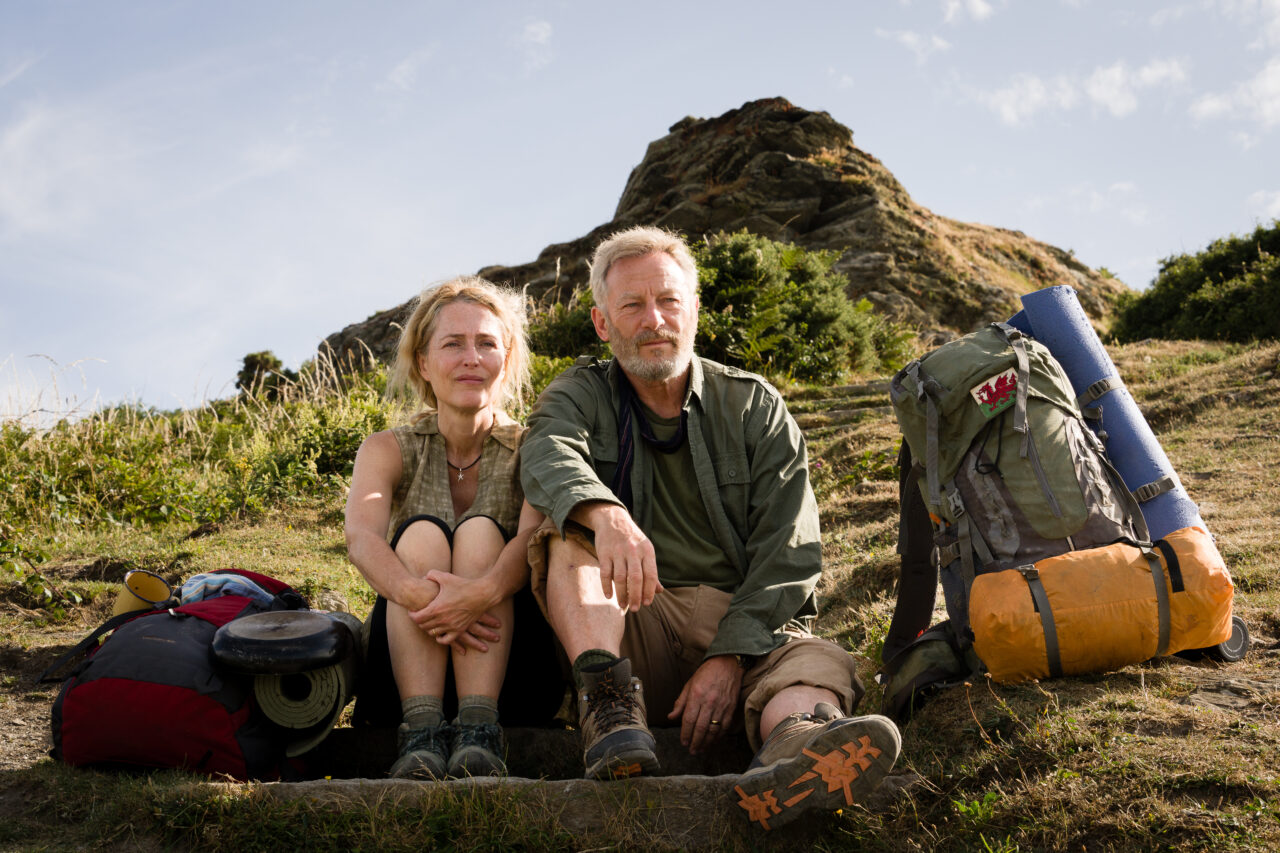
One night, beneath a rattling tent pitched too close to the sea, a couple is startled awake as the tide surges in. The wind screams. Waves claw at the canvas. Their few belongings, loosened and light, are carried off by the sea. They shout, scramble, curse and fight back, not just against the water, but against everything it threatens to take. It is here that The Salt Path begins: in resistance, in the will to keep going.
In August 2013, on a summer afternoon, Raynor Winn and her husband, Moth, both in their 50s, set off from the seaside town of Minehead in Somerset. Their plan was to walk the 630-mile South West Coast Path. They carried with them a tent from eBay, a pair of budget sleeping bags, roughly £100 in cash, and a bank card with £48 a week to withdraw. Days earlier, they had lost their farm, their livelihood, nearly everything, to a legal battle. Then came a second blow: Moth was diagnosed with a terminal degenerative condition. With their life dismantled and their future erased, they did the only thing left to do: they walked. Walking became their way of not giving up: a means to move forward, to believe there was still something worth striving for.
Now adapted for the screen by Rebecca Lenkiewicz, The Salt Path is based on Raynor Winn’s best-selling, award-winning memoir. Starring Jason Isaacs (The White Lotus, Harry Potter, Peter Pan) and Gillian Anderson (Sex Education, The Crown), the film premiered at the Toronto International Film Festival before making its way to London. With a minimal cast and understated dialogue, the feature rests almost entirely on the presence and chemistry of its two leads – this is, unmistakably, their story.
The journey, from the first steps, is arduous. Moth, his body plagued by illness, limps under the weight of his pack. Raynor, herself aching and anxious, shoulders not only their shared burden but her own private despair. She tries to stay upbeat, tries not to think about her children – one is at university, the other working in Croatia. They survive on pasta and rice boiled over a portable flame, forage for mushrooms, drink from springs. Money dwindles. Pain flares. Still, they walk.
Isaacs and Anderson embody their characters with an intimacy that speaks of decades spent together. Their performances are marked by true tenderness: they bicker and embrace, tease and tend, exchange glances that speak volumes. In the spaces between words, we read a love that has endured the slow burn of time. As they walk, they fall in love again – not with each other exactly, but with the possibility of a life still worth building together.
There is also an exploration of homelessness, as a concept, and a lived experience. Along the way, the couple encounter the full spectrum of human response: suspicion, disdain, generosity, kinship. Some strangers avert their eyes. Others offer shelter. Some become fleeting companions. The film asks, gently but insistently, what it means to be without a home. And whether a home is, in fact, a structure at all. Over time, Raynor and Moth begin to understand that home might be something else entirely: a tent, a hand to hold, the simple safety of walking beside someone who knows you.
Beneath the story of survival is also a love letter to the English coastline and the natural world. There are birdsongs, wind-swept clifftops, seals, rabbits, wild goats, majestic forests. The landscape is both breathtaking and brutal, nurturing and punishing. By the end of the movie, Raynor, now settled in a modest cottage, finds herself yearning for the open path again. The outdoors has become her definition of freedom, something elemental she can no longer live without.
The film moves very slowly, almost stubbornly so. At times, it feels spare to the point of underwritten. There are a few hints of subplots with the strangers they meet along the way, but most are brief, dissolving almost immediately. The story doesn’t build to a climax; it accumulates, gently. You may find yourself waiting for a moment of revelation, a sudden turn, but it never arrives. And that absence feels true. This is a story that, like the journey itself, moves only step by step.
The Salt Path is not an epic tale, nor does it try to be. It is a quiet, measured meditation on what remains when everything is stripped away. It asks: when you have nothing, what do you hold on to? And answers: each other, the earth beneath your feet, and the hope that life, somehow, will go on.
Constance Ayrton
The Salt Path is released nationwide on 30th May 2025.
Watch the trailer for The Salt Path here:

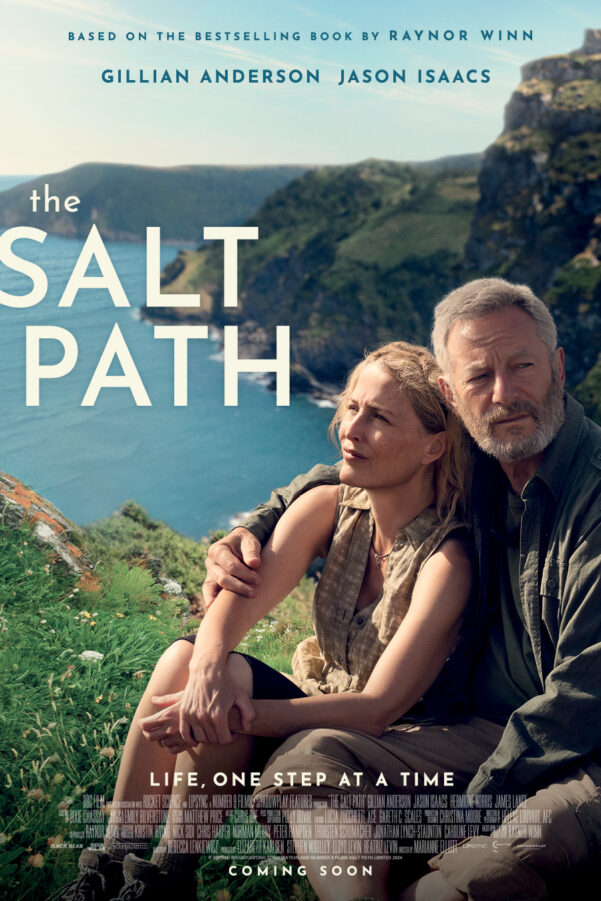
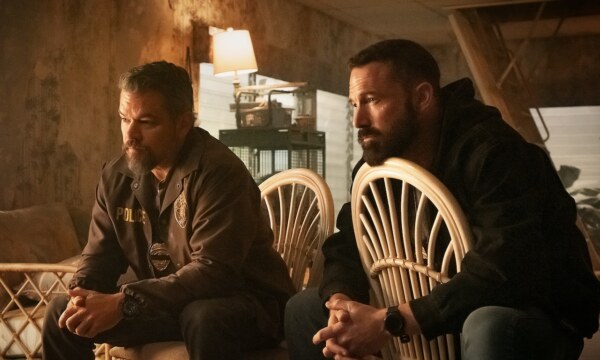
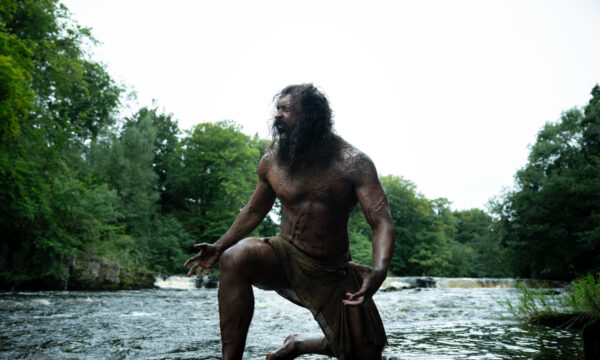


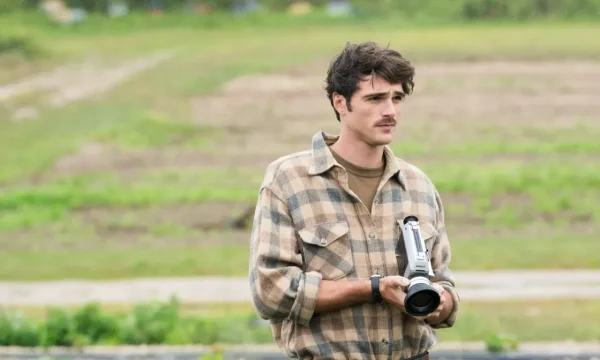
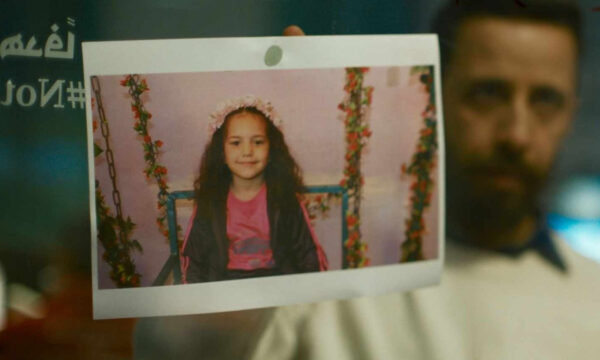

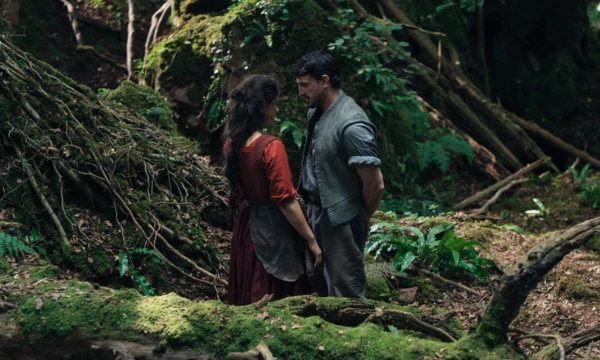
















Facebook
Twitter
Instagram
YouTube
RSS